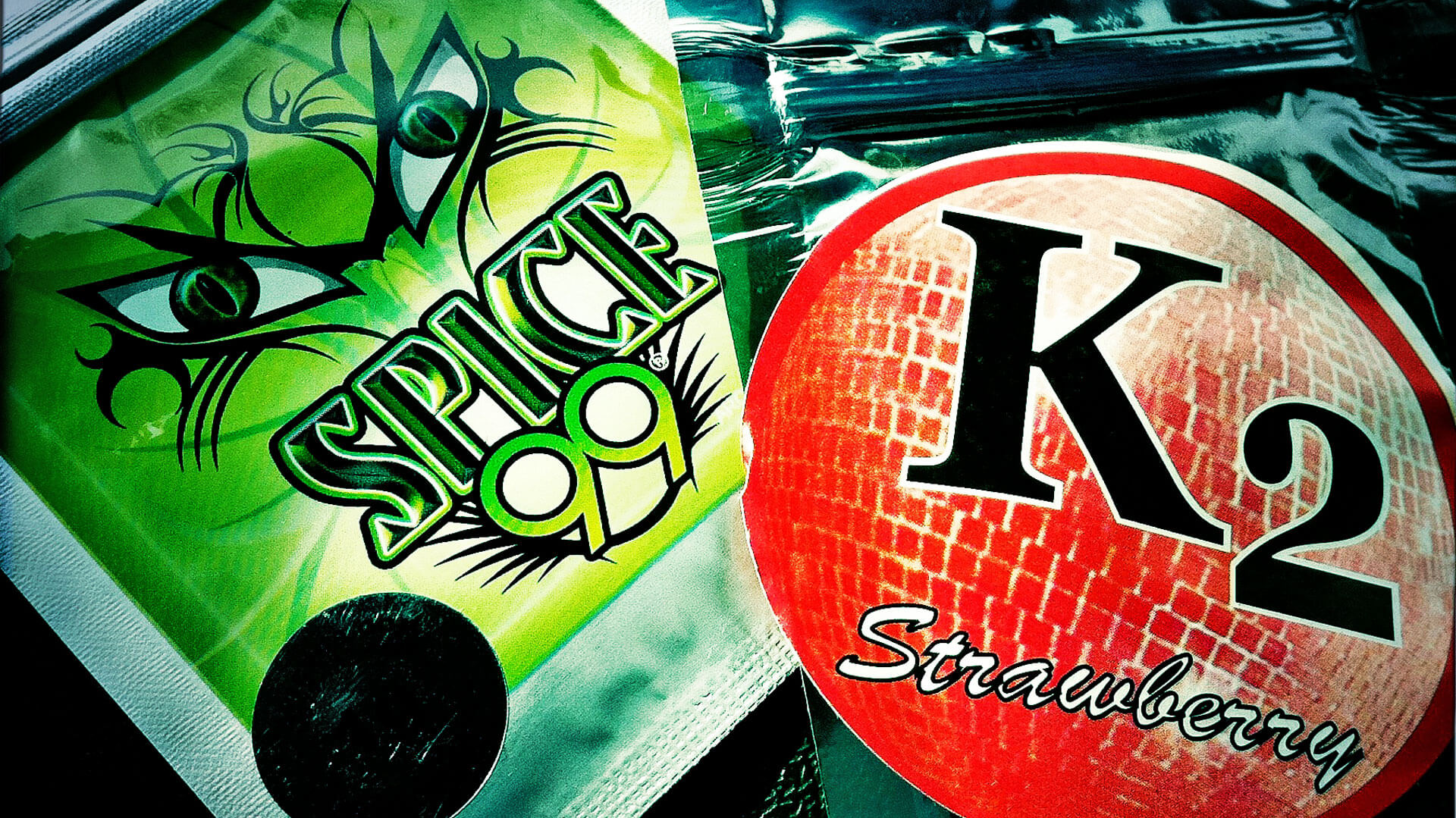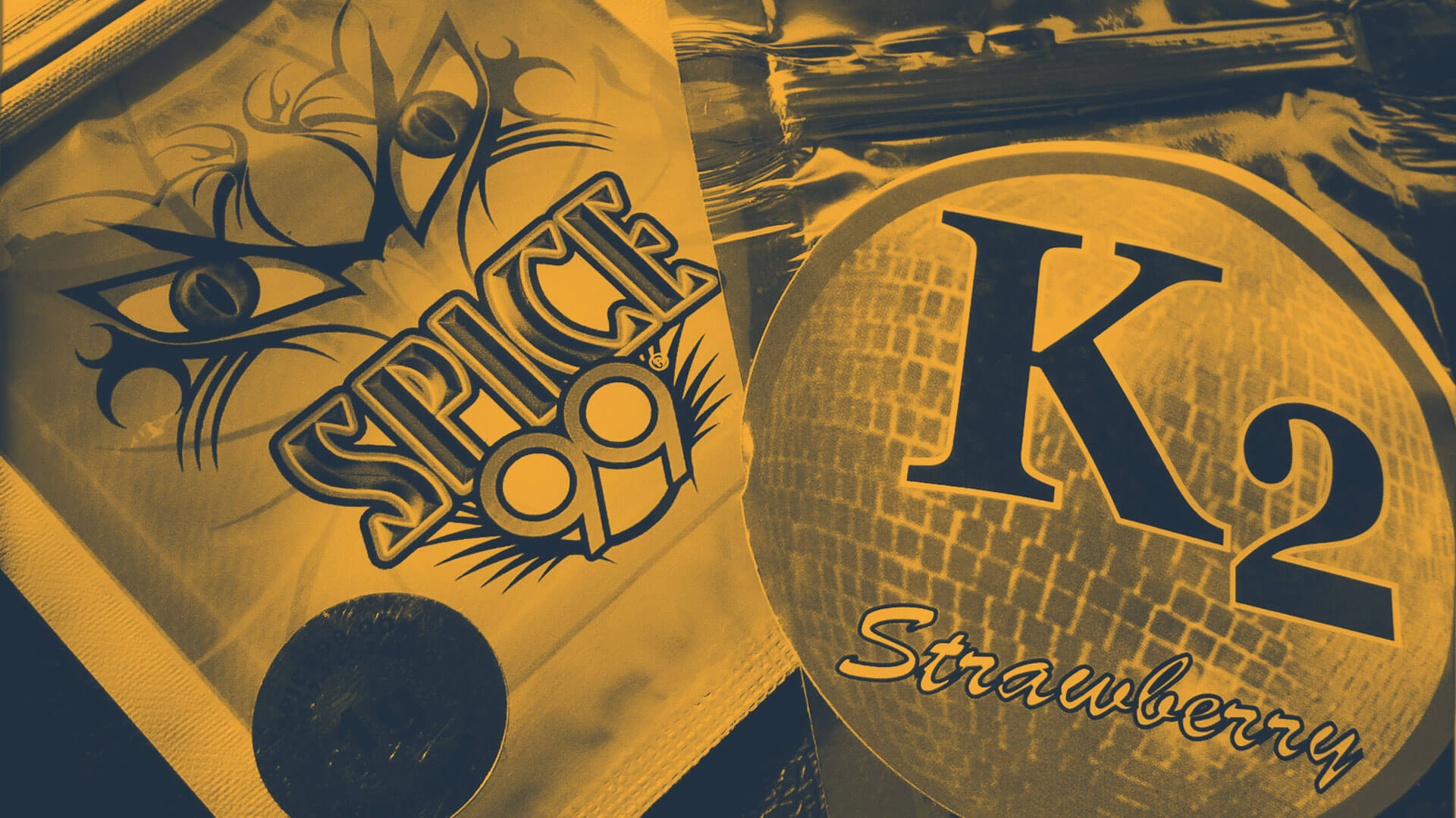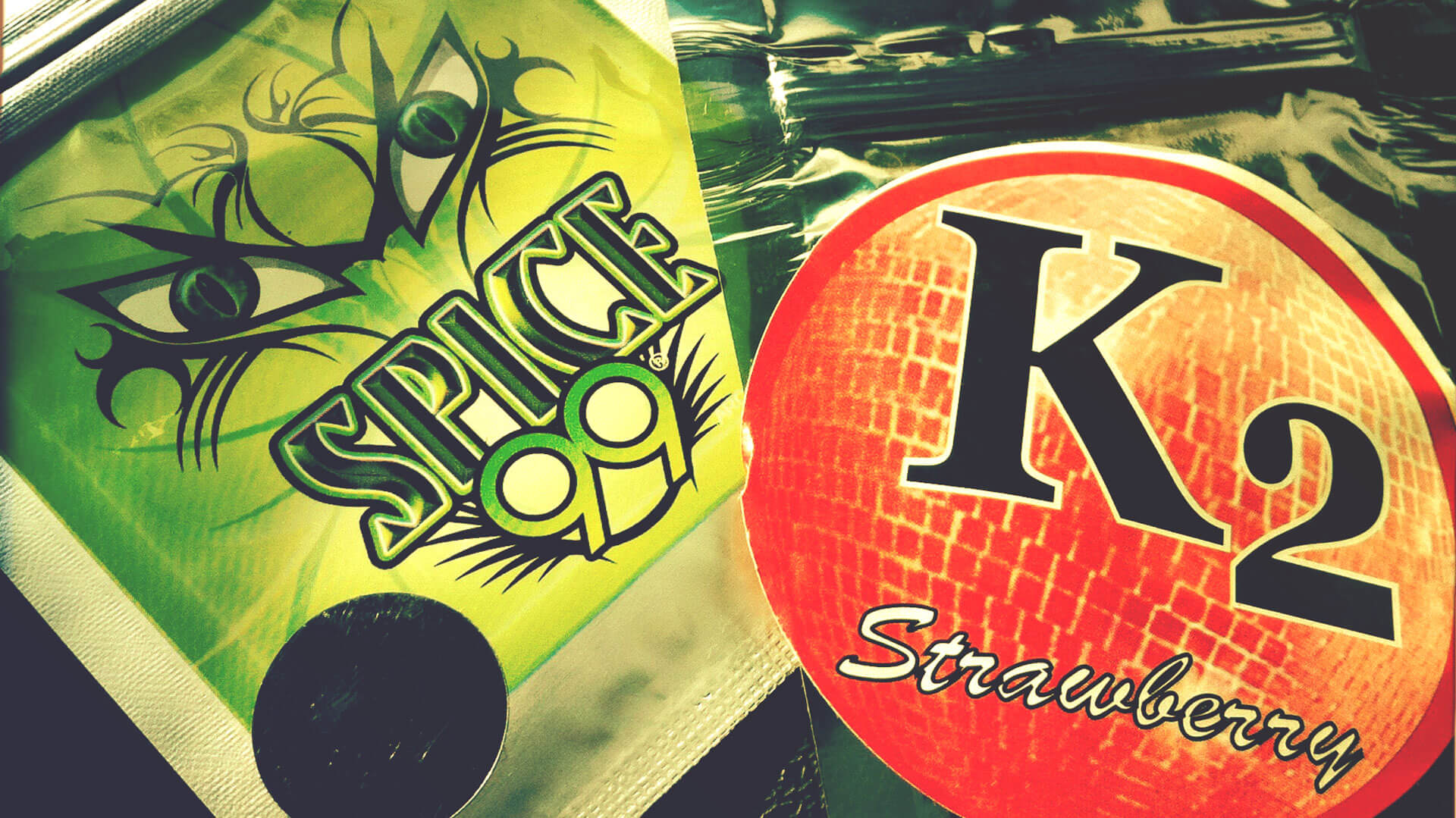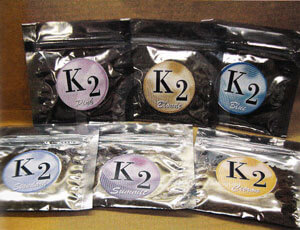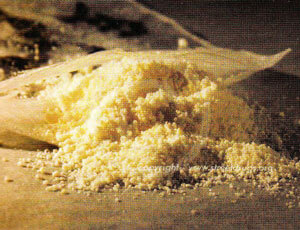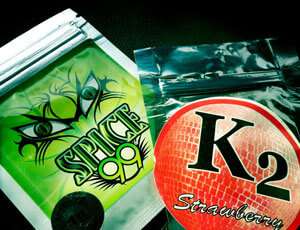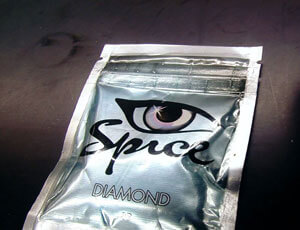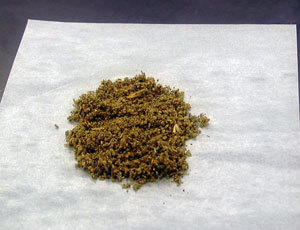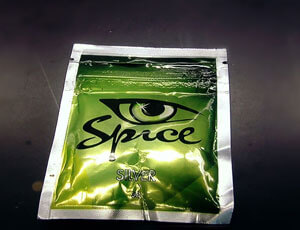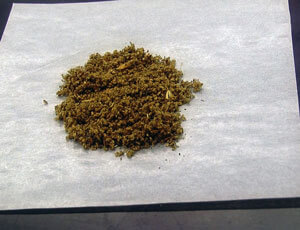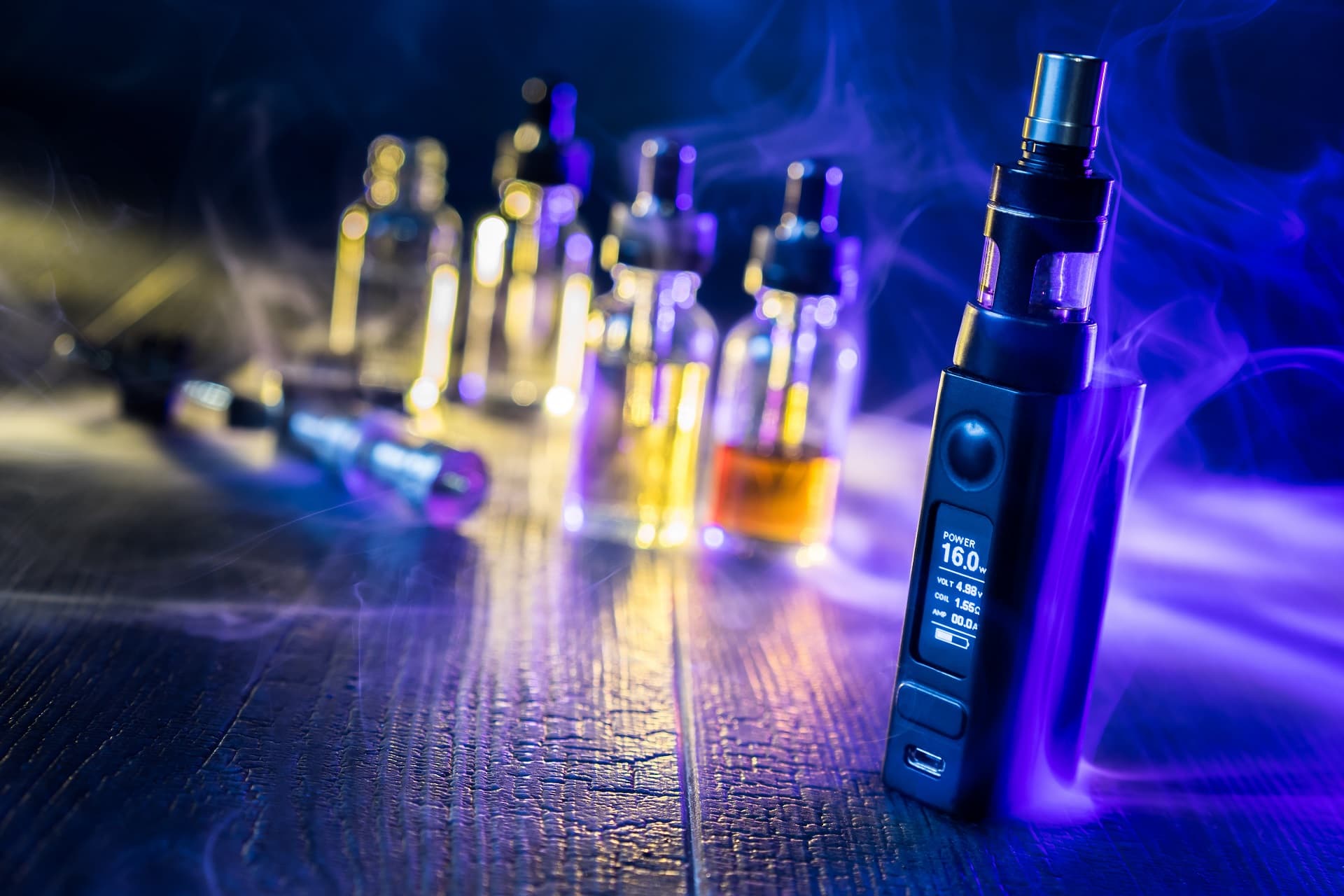- Over-the-Counter Drugs
- Prescription Drugs
Synthetic cannabinoids are classified as a Schedule I Drug by the DEA
- The drug has a high potential for abuse.
- The drug has no currently accepted medical treatment use in the U.S.
- There is a lack of accepted safety for use of the drug under medical supervision.
What are synthetic cannabinoids?
Synthetic cannabinoids are man-made, mind-altering chemicals that are sprayed on dried, shredded plant material or dissolved in a solution. The chemicals are called cannabinoids because they are similar to the chemicals found in marijuana. The chemicals are intended to mimic THC, the main psychoactive cannabinoid in marijuana, but synthetic cannabinoids may affect the brain much more powerfully and more unpredictably than the THC in marijuana.
Synthetic cannabinoids are often marketed as “herbal incense” or “potpourri” under the following names: Spice, K2, Mojo, Blaze, RedX Dawn, Paradise, Demon, Black Magic, Spike, Mr. Nice Guy, Ninja, Zohai, Dream, Genie, Sence, Smoke, Skunk, Serenity, Yucatan, Fire, and Crazy Clown.
How are synthetic cannabinoids used?
Synthetic cannabinoids can be smoked in joints/pipes, brewed into a tea, or purchased as a liquid to vaporize in e-cigarettes.
How do synthetic cannabinoids affect a person?
Synthetic cannabinoids attach and bind more strongly to the same cell receptors as THC. This can lead to a much more powerful and unpredictable effect. Because the chemical composition of many products sold as synthetic cannabinoids are unknown, some varieties may contain substances which produce dramatically different effects than the user might expect.
Some effects of synthetic cannabinoids include elevated mood, relaxation, altered perception, severe agitation, extreme anxiety, confusion, aggression, suicidal ideations, paranoia, paranoid delusions, and hallucinations.
What are the health effects / risks of using synthetic cannabinoids?
Synthetic cannabinoids can cause rapid heart rate, elevated blood pressure, unconsciousness, numbness, vomiting, agitation, confusion, hallucinations, seizures, stroke, heart attack, organ failure, and death. Overdose can occur and regular users can experience dependence and withdrawal symptoms.
Contrary to popular belief, synthetic cannabinoids are not a safe alternative to marijuana. The chemicals used for the production of synthetic cannabinoids can be more potent than natural THC and may have more dangerous side effects.
Sources:
- NIDA. 2018, February 5. Synthetic Cannabinoids (K2/Spice) DrugFacts. Retrieved from https://www.drugabuse.gov/publications/drugfacts/synthetic-cannabinoids-k2spice on 2022, January 2
- K2/Spice – Drug Fact Sheet. (2020, April). Retrieved from https://www.dea.gov/documents/2020/2020-06/2020-06-05/k2spice-drug-fact-sheet on 2022, January 2
- National Institute on Drug Abuse. (2021, December 09). Spice. Retrieved January 2, 2022, from https://teens.drugabuse.gov/drug-facts/spice

